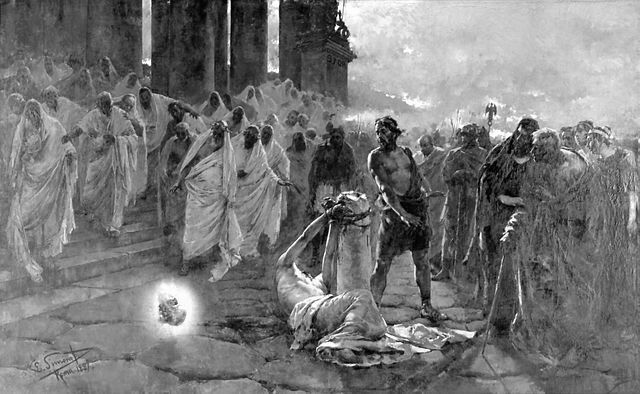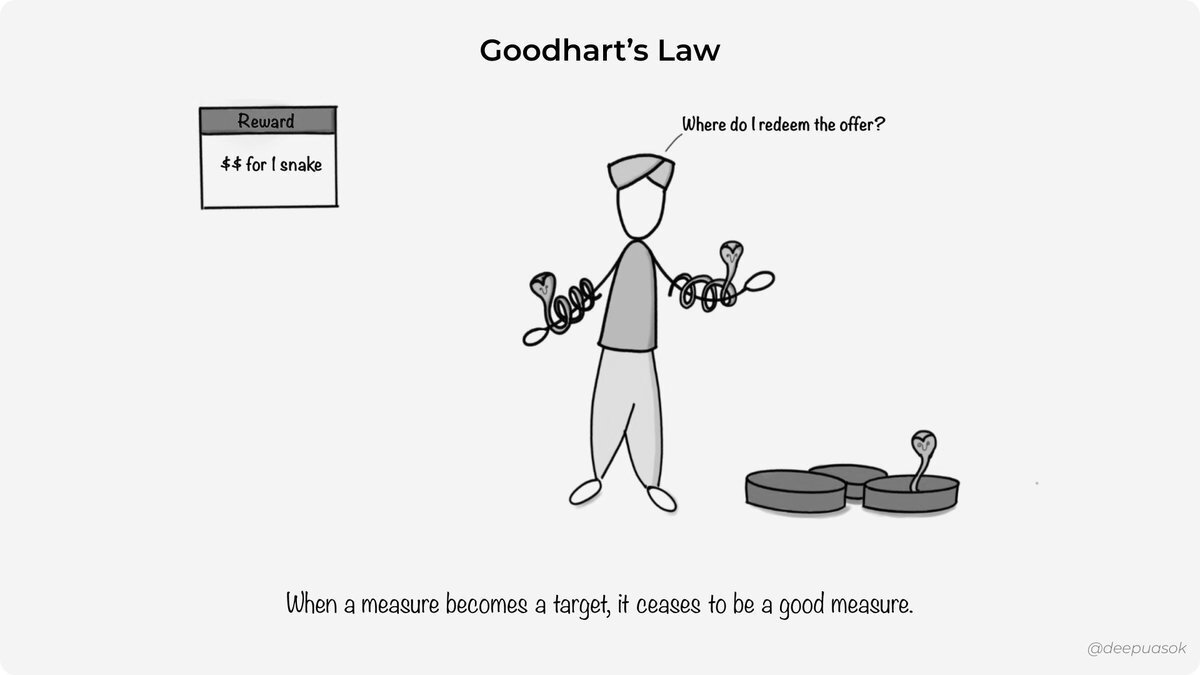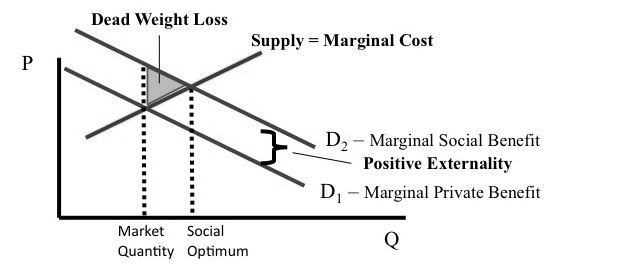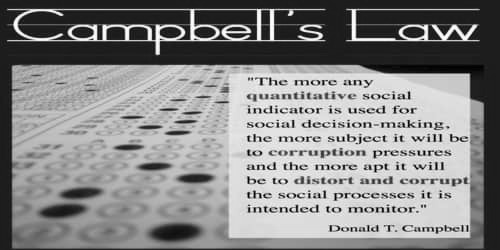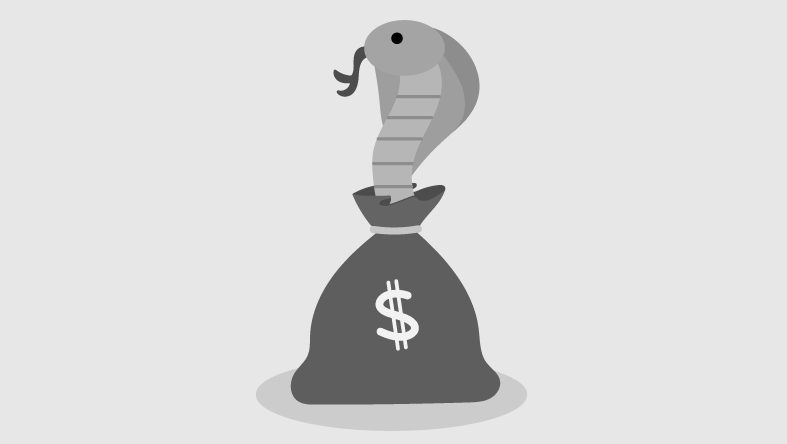Introduction In the realm of decision-making, our minds are susceptible to various cognitive biases and fallacies that can lead us astray from logical reasoning. One such phenomenon is the Decapitation mental model, which refers to the tendency of individuals or groups to make irrational decisions by focusing solely on the removal of a single influential […]
